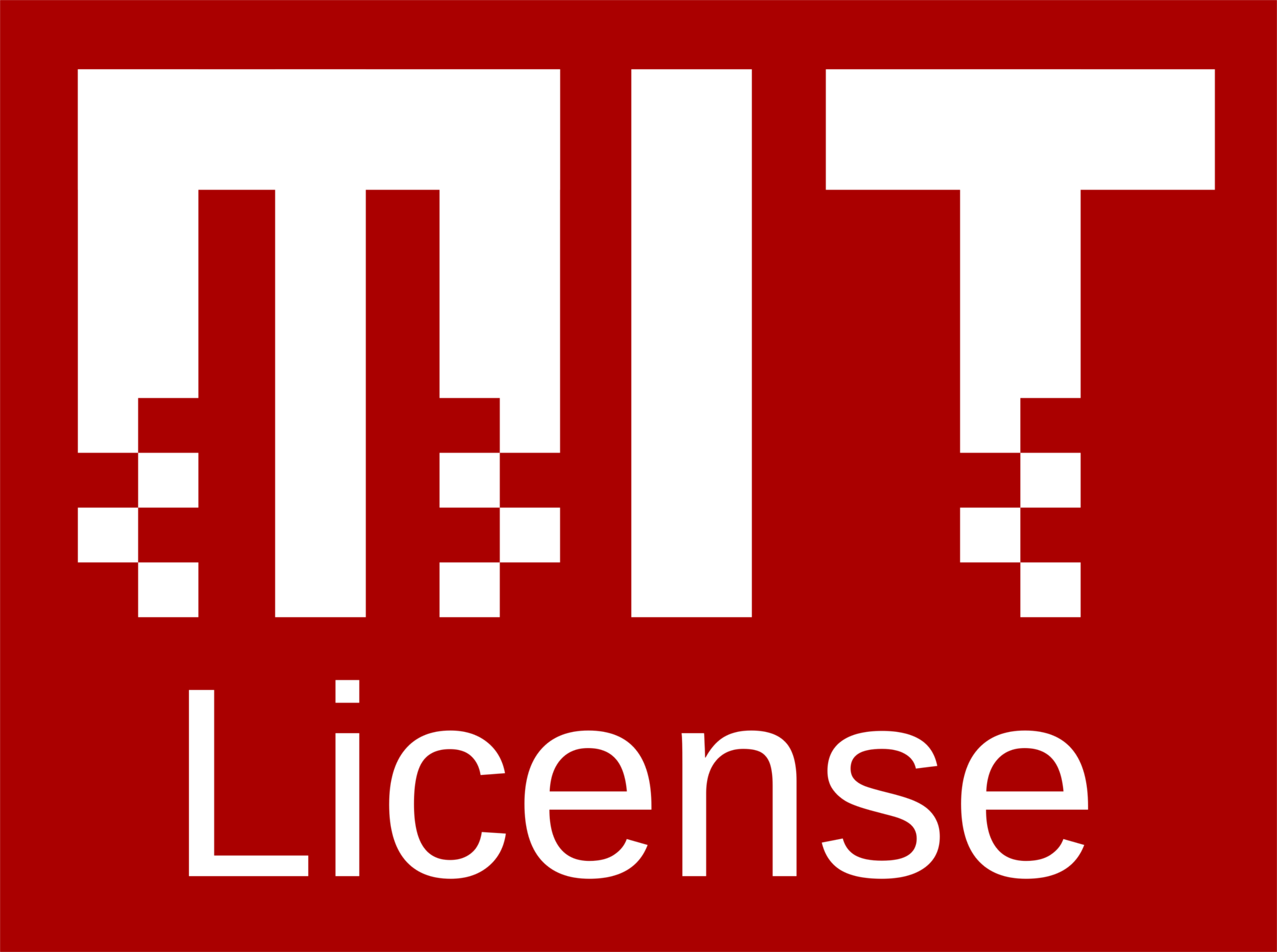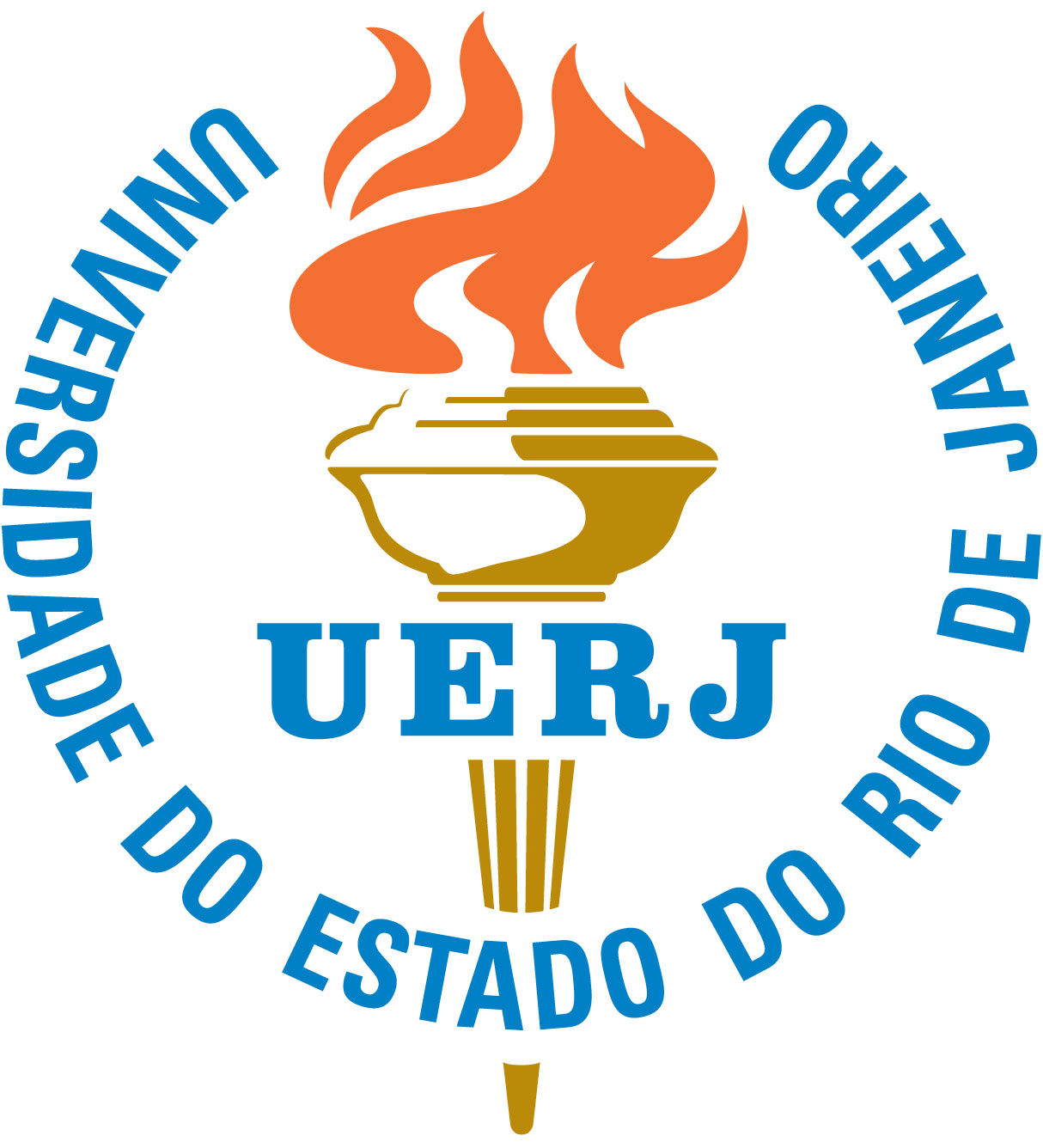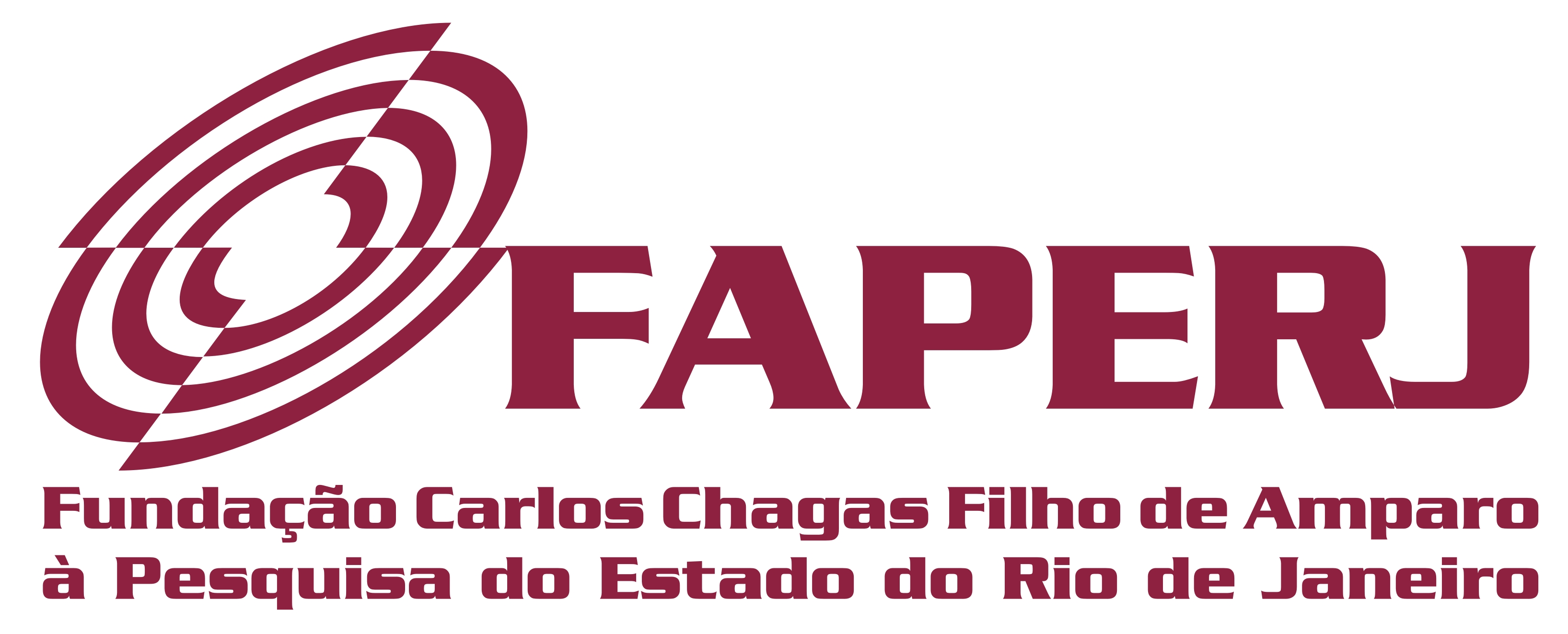MaxEnt: Maximum Entropy Code is a user-friendly Matlab package designed for calculating maximum entropy distributions and generating corresponding statistical samples from a given set of known information. The implementation is numerically robust and follows an educational style, making it intuitive and accessible. The package includes examples with representative benchmark tests to illustrate its functionality.
- Calculates maximum entropy distributions from known information
- Generates statistical samples based on maximum entropy distributions
- Numerically robust implementation
- Educational style for ease of use
- Includes examples with benchmark tests
To get started with MaxEnt, follow these steps:
- Clone the repository:
git clone https://github.com/americocunhajr/MaxEnt.git
- Navigate to the code directory:
cd MaxEnt/MaxEnt-1.0
MaxEnt routines are thoroughly commented to explain their functionality. Each routine includes a short description of its purpose and a list of inputs and outputs. Examples with a few, but representative, benchmark tests are provided to illustrate the code's functionality.
- Americo Cunha Jr
We kindly ask users to cite the following reference in any publications reporting work done with MaxEnt:
- A. Cunha Jr, MaxEnt - Maximum Entropy Code, GitHub repository, 2020
@misc{CunhaJr2020MaxEnt,
author = {A. {Cunha~Jr}},
title = { {MaxEnt} - {M}aximum {E}ntropy {C}ode},
year = {2020},
publisher = {GitHub},
journal = {GitHub repository},
howpublished = {\url{https://americocunhajr.github.io/MaxEnt}},
}
MaxEnt is released under the MIT license. See the LICENSE file for details. All new contributions must be made under the MIT license.




